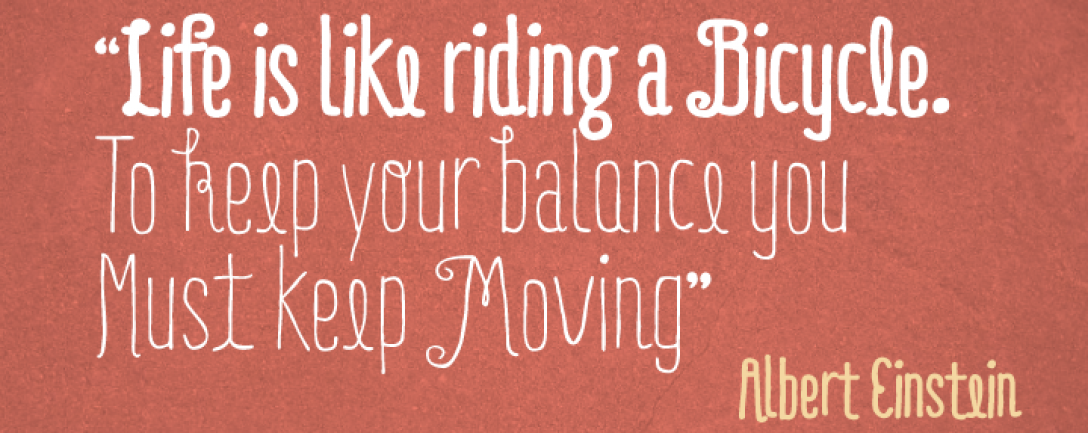As a student getting your ideas across in essays is crucial in order to convey you have grasped the ideas and can see both sides. These skills will still be needed when you are writing or reading research papers once you’re qualified, or when you need to convey one or both sides of a treatment approach in a report about patient care to others in an MDT. Any points you make need to be backed up with evidence to make them valid.
Critical thinking requires quite a few skills to be carried out effectively, including observation, categorisation, analysis, judgement/reasoning, making final decision, persuasion, perseverance in repetition of examining facts, and objectivity. This last skill forms the basis of being able to critically analyse both sides of a situation or concept.
Evidence used in essays must be:
Appropriate – Making the same point as you and not similar or just on the same topic. Also must be recent unless it’s a historically seminal piece of work about principles or foundations.
Proportionate – Specific statements about defined populations or findings may only need one piece of evidence, but the bigger the statement the more evidence you need- views from for and against camps are needed to represent the whole debate.
Synthesised – How is it synthsised or worked into the flow of the essay? How does the evidence move your point towards its conclusion? So what if the research shows that ‘banana therapy is most effective for under 30s’ …what statement that you’ve made in your essay is it proving?
+++++++++++++++++++++++++++++++
Sources:
